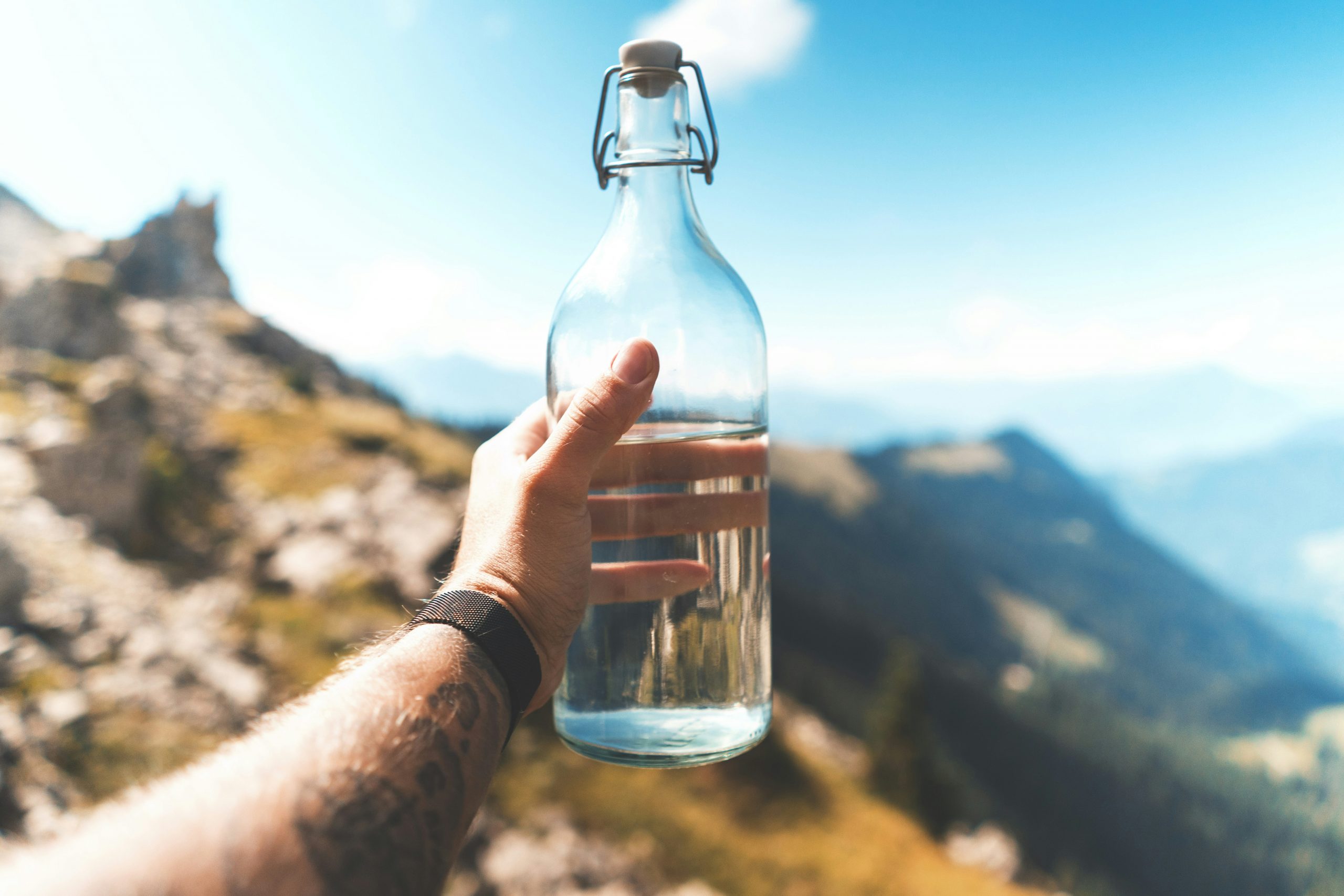In the pursuit of health and wellness, much emphasis is placed on diet and exercise, yet one of the most fundamental aspects of our health often gets overlooked: hydration. Water is essential for life, playing a crucial role in numerous bodily functions. It’s the unsung hero of wellness, influencing everything from our physical performance to our mental clarity. Let’s dive into why staying hydrated is so important and how you can ensure you’re getting enough of this vital nutrient.
The Importance of Water
Water makes up about 60% of the adult human body, and its roles are as varied as they are vital. Here are just a few of the ways hydration impacts our health:
- Regulates Body Temperature: Water’s ability to absorb and release heat helps maintain a stable internal temperature, especially important during exercise or in hot climates.
- Supports Bodily Functions: It’s crucial for digestion, aiding in the breakdown of food, and absorption of nutrients. Water also facilitates kidney function, helping to filter waste from the blood and excrete it through urine.
- Enhances Physical Performance: Dehydration can lead to fatigue, reduced endurance, and a decrease in motivation. Adequate hydration, on the other hand, can boost performance during physical activity.
- Maintains Cognitive Function: Hydration status significantly affects brain function. Even mild dehydration can impair attention, memory, and mood.
How Much Water Do You Need?
The amount of water needed can vary widely based on factors such as age, weight, climate, and activity level. While the often-cited recommendation is to drink eight 8-ounce glasses of water a day (the 8×8 rule), the truth is more nuanced. The National Academies of Sciences, Engineering, and Medicine suggests a daily intake of about 3.7 liters (125 ounces) for men and 2.7 liters (91 ounces) for women from all beverages and foods. However, listening to your body and drinking when thirsty is generally a reliable guide to staying well-hydrated.
Signs of Dehydration
Recognizing the signs of dehydration is key to preventing it. Symptoms can include:
- Thirst
- Dry mouth
- Fatigue
- Dizziness
- Dark-colored urine
It’s especially important to monitor hydration in hot weather, during exercise, and in situations where you might not have ready access to water.
Tips for Staying Hydrated
- Carry a Water Bottle: Having water on hand makes it easier to sip throughout the day.
- Eat Water-Rich Foods: Many fruits and vegetables, like cucumbers, oranges, and watermelons, are high in water content and can help maintain hydration.
- Monitor Your Urine: The color of your urine is a good indicator of hydration status; aim for light yellow.
- Set Reminders: If you tend to forget to drink water, setting reminders on your phone or computer can help.
Conclusion
Hydration is a critical, yet often overlooked, component of health and wellness. By understanding the pivotal roles water plays in the body and taking steps to ensure adequate intake, you can support your overall health, from physical performance to cognitive function. Remember, when it comes to water, every sip counts towards achieving a balanced and healthy lifestyle.


